The Walking Dead franchise returns for another installment in September 2025 for The Walking Dead: Daryl Dixon Season 3, adding more depth to the extensive post-apocalyptic world. However, some viewers gave up on the universe a long time ago or did not give it a chance because they don't appreciate zombie movies or TV shows. Despite this, any viewer who is a fan of horror entertainment and enjoys the deeper undertones of a narrative needs to watch at least one episode of The Walking Dead.
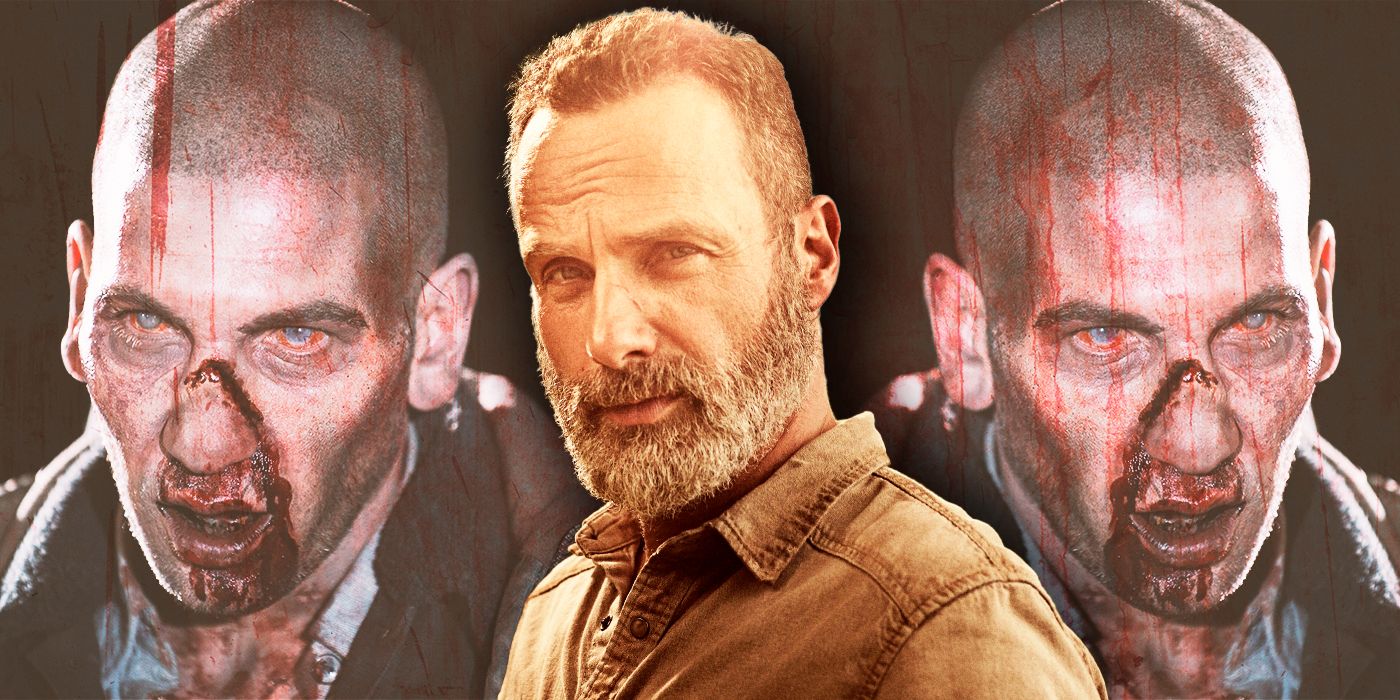
There are about 300 episodes throughout the several series in this zombie universe, but there's one episode early on in The Walking Dead flagship series that everyone should take the time to watch. Though it seems odd to watch an episode that doesn't begin a storyline, this season finale offered the perfect representation of the themes and purpose of the TV show. Even an audience that has never enjoyed zombies may be able to appreciate the focus on society and humanity in The Walking Dead, Season 2, Episode 13, "Beside the Dying Fire," which emphasizes that these narratives are not just about rotting corpses and jump scares.
"Beside the Dying Fire" Embraces Classic Zombie Tropes
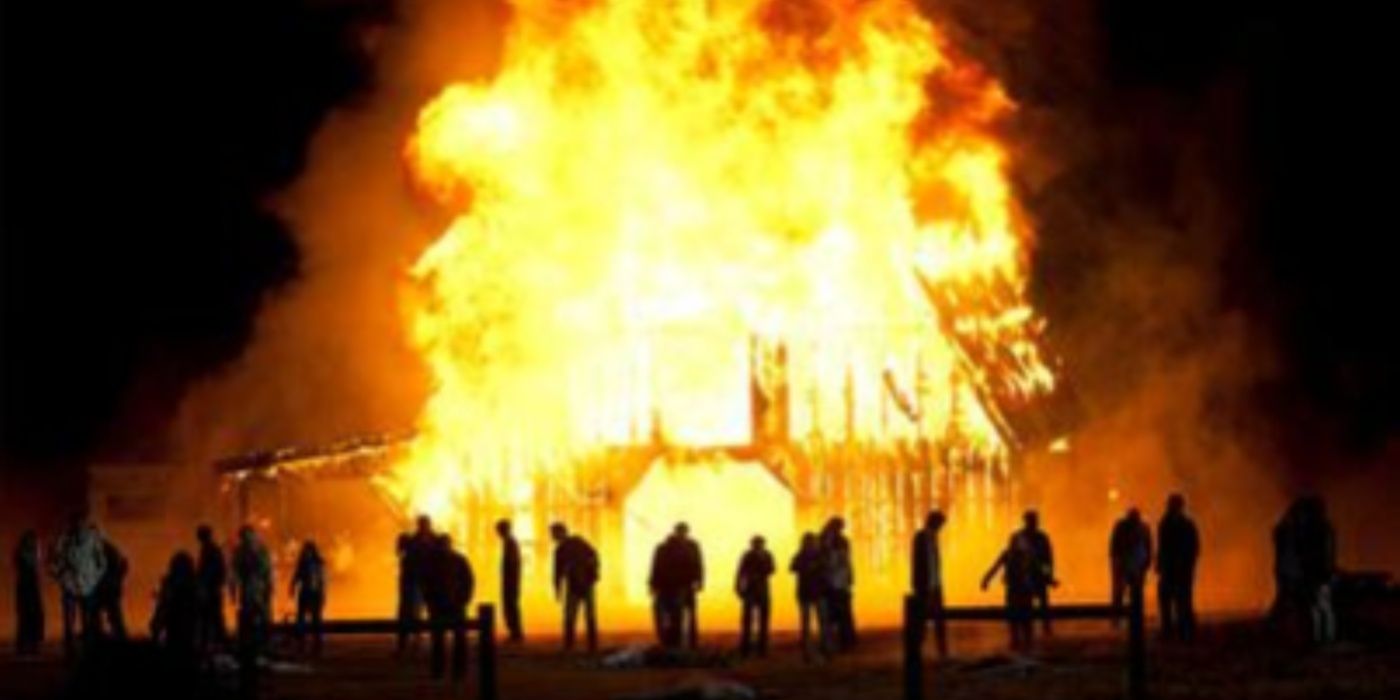
The finale of The Walking Dead Season 2 is the best episode in that early installment of the franchise, but it can be argued that it's also one of the best episodes overall, impressing not only the show's audience but also honoring the true purpose of the zombie genre. Though most modern viewers think that the trope is all about chaos, death, and gore, considering many of the latest interpretations of zombies, there is a deeper meaning behind these stories. Setting the scene and placing people in a seemingly impossible situation, these narratives explore the dark side of human nature, especially when society is deconstructed, leaving survivors to make their own rules.
In this episode, a horde of walkers ascends onto the Greene Farm, alerted by the shot from Carl's gun after he killed his father's reanimated best friend, Shane, who was killed by Rick after his old friend tried to kill him to take his family. A couple of the survivors do not make it, but the remainder of the group finds each other on the nearby highway, grateful they still have friends and family alive. However, when everybody begins to panic with no shelter or resources, Rick takes control, letting everyone know that if they stayed with his family, it isn't a "democracy" anymore, and they would follow his leadership.
Humanity Is the Real Question In This Episode
Some Walking Dead fans may have forgotten the important part of zombie narratives after so many years of changes in tone, theme, and structure, but "Beside the Dying Fire" is an excellent reminder of the core theme in this series. Before this installment, tensions had been rising within the group, making them battle with their morality and whether it needs to change to keep themselves alive in this new world. Though Rick decided to let their prisoner live previously, to honor the memory of a lost friend, Shane secretly murders their prisoner as an insignificant piece of his plot to take down Rick.
Rick is not the only one who highlights the question of humanity in this episode, with most of the main characters questioning their decisions by the conclusion. Though most of them make it off the farm, which is burning and overrun with walkers, they are separated from each other in small groups. Despite this, each group decides to go to a common location and hopes for the best instead of turning back, proving they still care for their loved ones but aren't willing to risk their lives to go back for them.
Society Deteriorates In This Post-Apocalyptic Installment
At the beginning of this episode, the audience watches the walkers invade a beautiful, large farm and break down the security the survivors had developed. Toward the end of the sequence, Hershel Green nearly refuses to leave his property, pointing out that he was born on his family's farm and intended to die there. By the conclusion, the survivors have allies, but they do not have the comforts of a community, such as shelter and food, making them feel very vulnerable in an unpredictable world.
This Is the Best TWD Starter Episode
Some viewers have the misconception that the zombie genre is all about blood and guts, more concerned with disgusting and horrifying people than with having a meaningful storyline. Though there are plenty of disconcerting scenes throughout the series, there are so many great seasons of The Walking Dead that shouldn't be overlooked as just another zombie narrative with more shock value than emotional growth or plot progression. The franchise, especially as it continues to grow, might be intimidating, but there are a couple of great places to start.
For viewers uncertain about The Walking Dead or zombie TV shows or movies, it might seem obvious to watch the beginning of something and see if it's right for them. On the other hand, many storylines like this series build up to their most intense and meaningful moments. Therefore, "Beside the Dying Fire" is an ideal episode for viewers to decide if the themes and characters of the post-apocalyptic show are right for them, because this is where the deeper points of the overarching plot are clearly outlined.
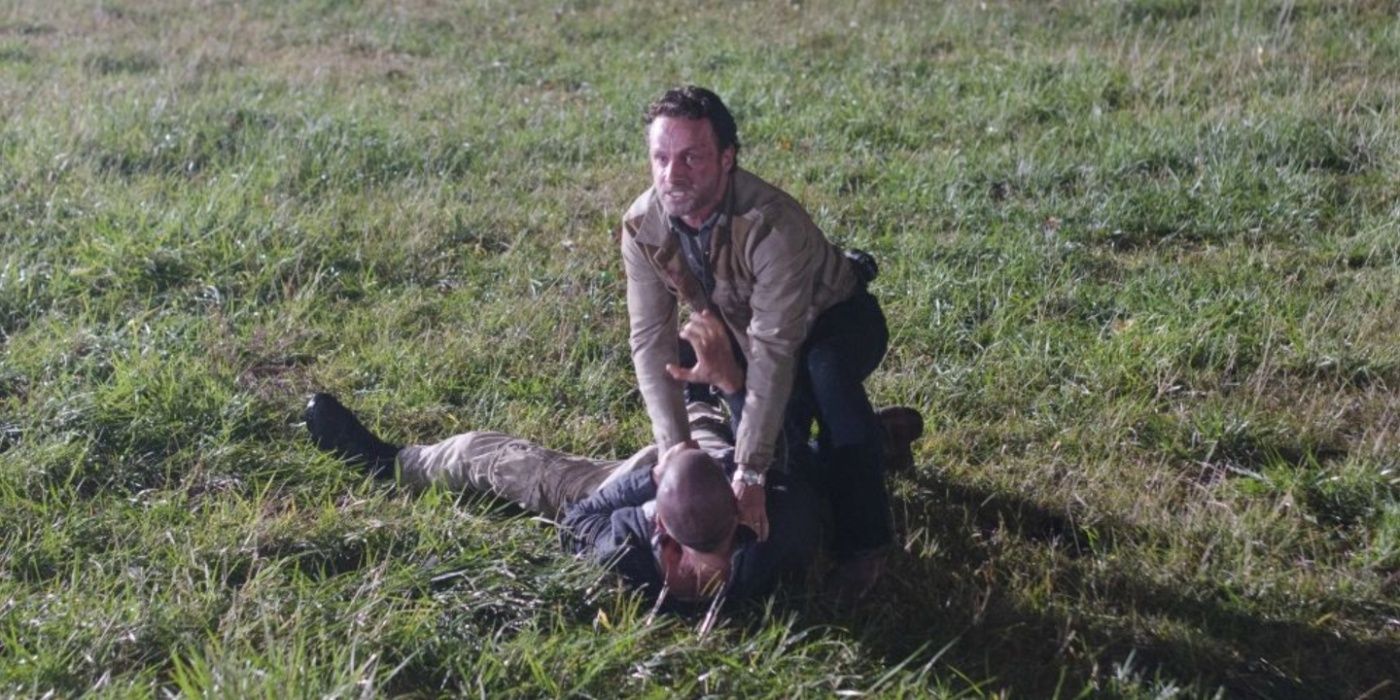
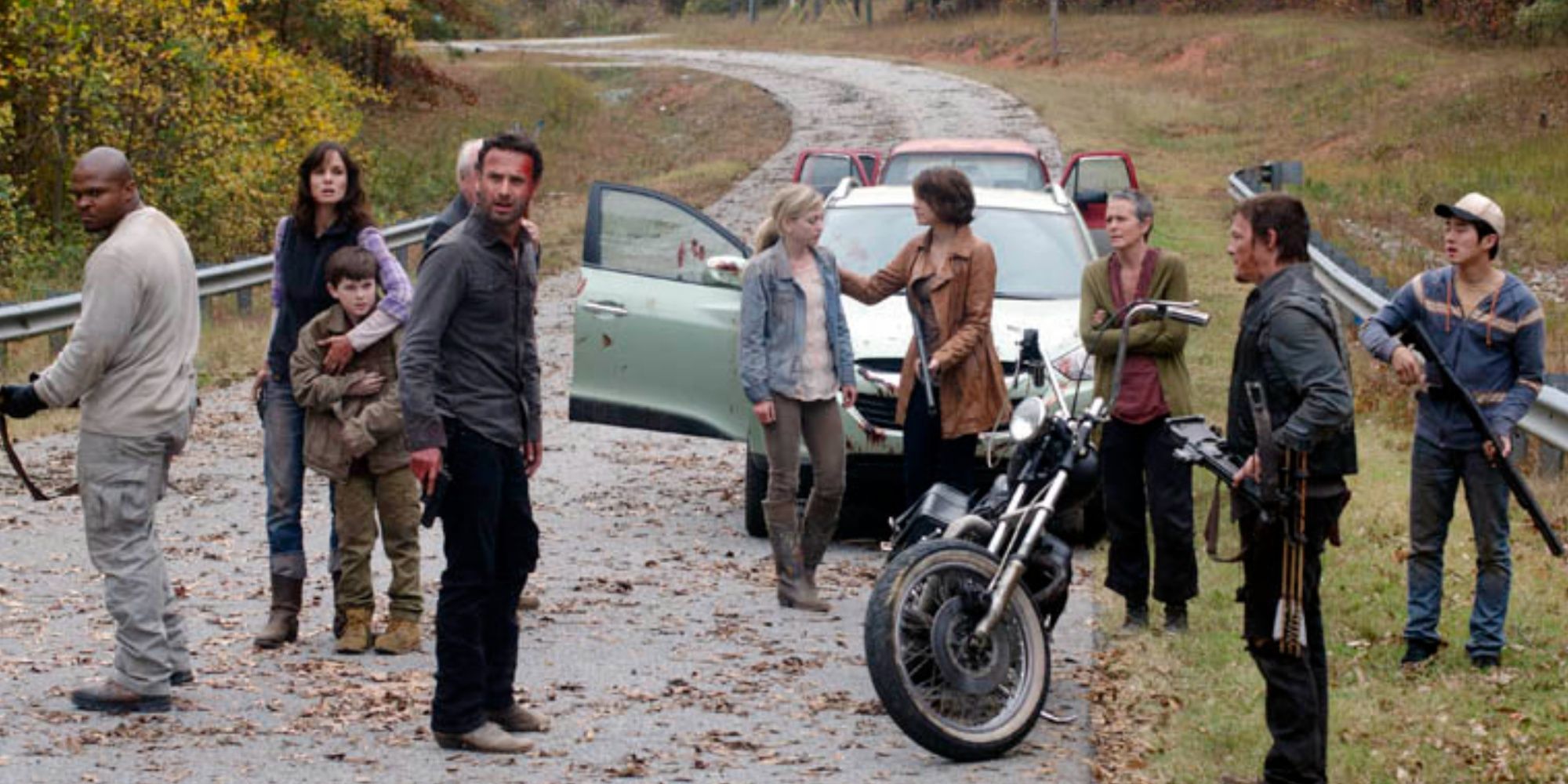
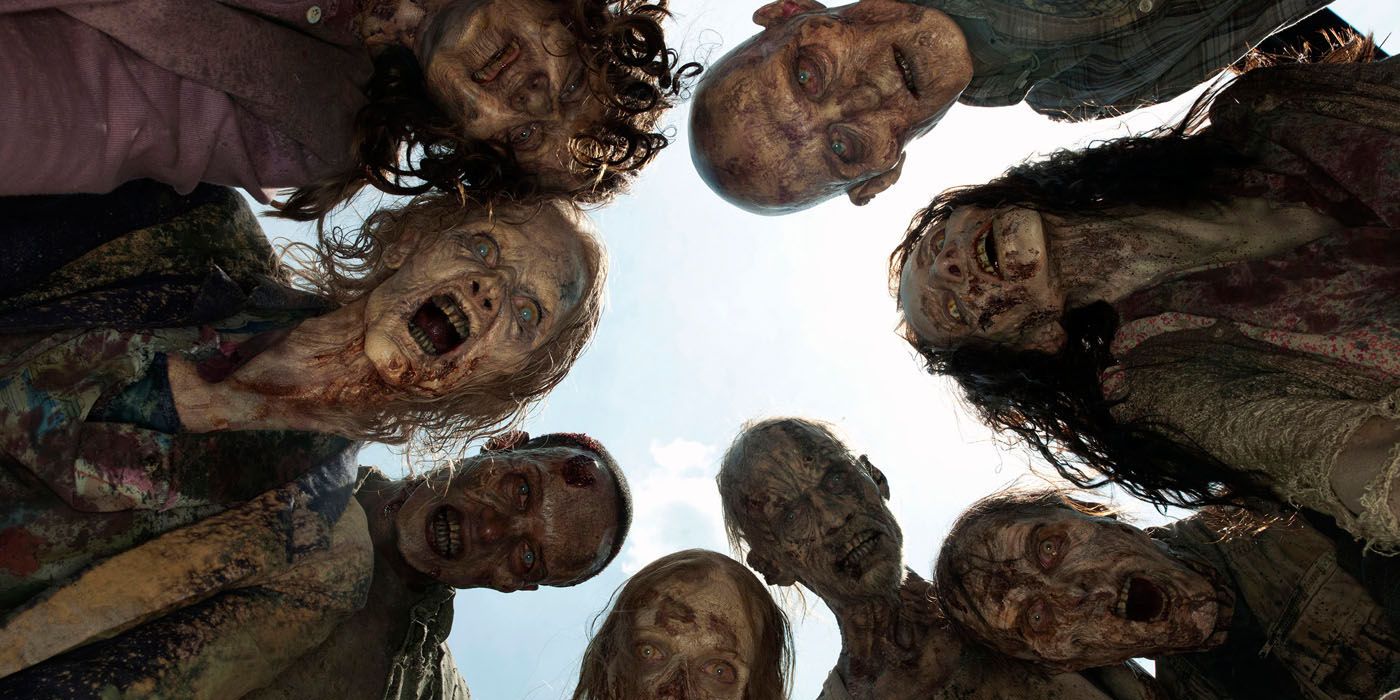



-1750219820-q80.webp)